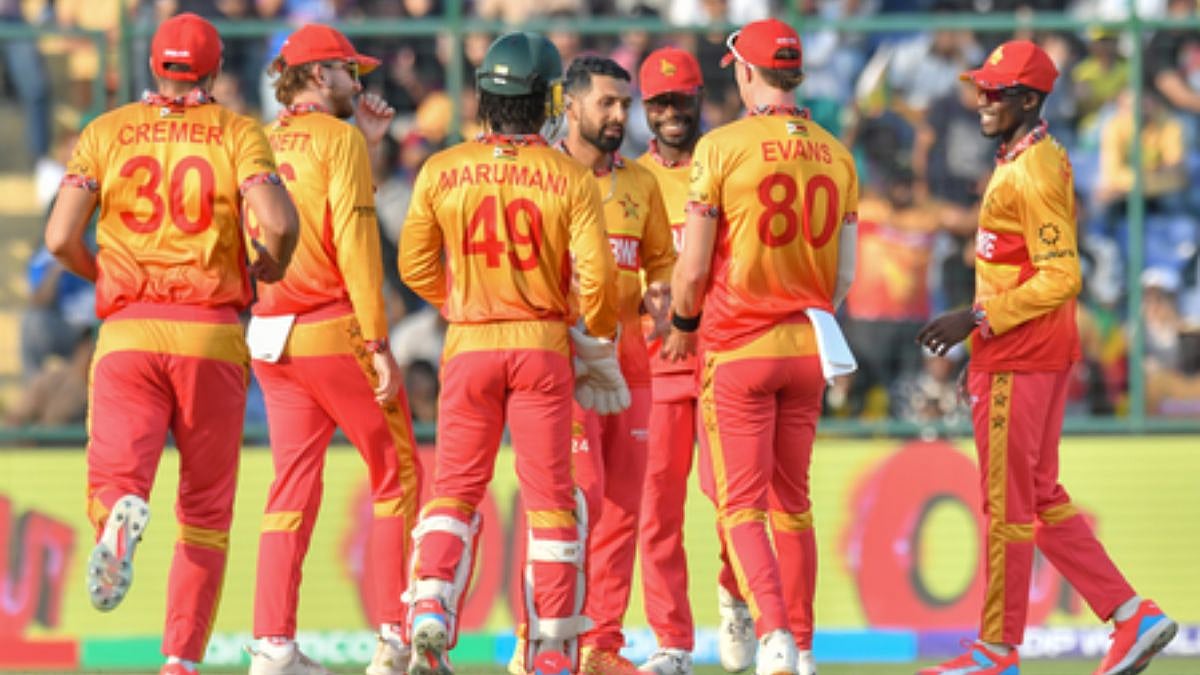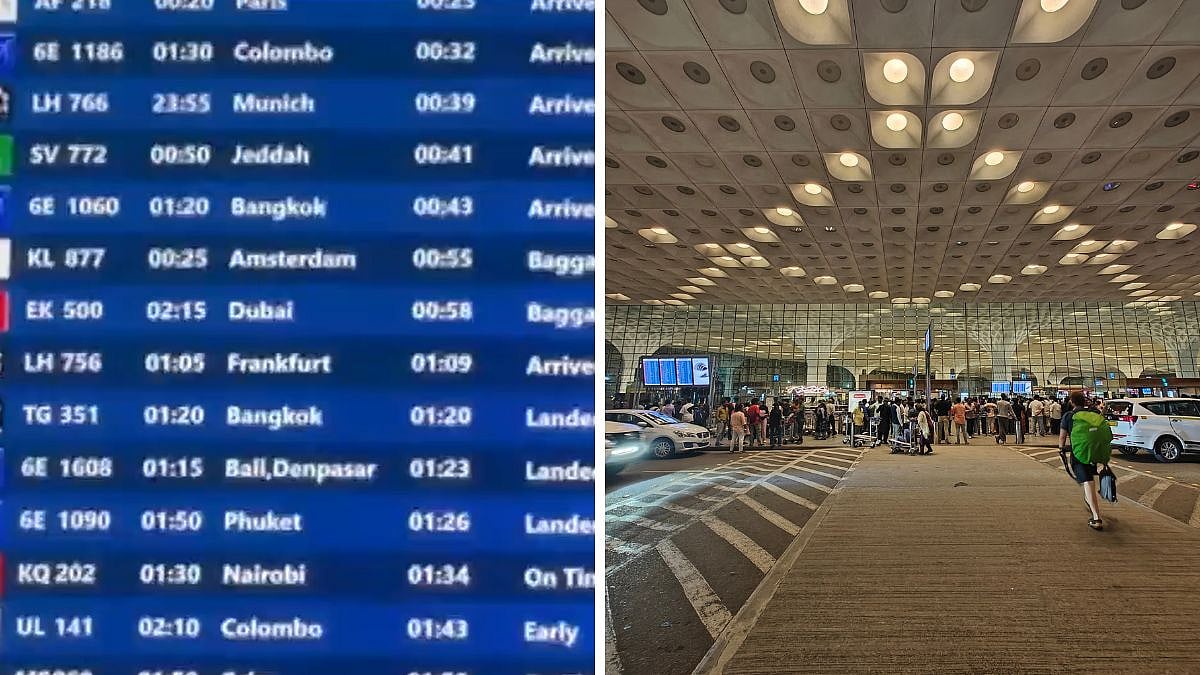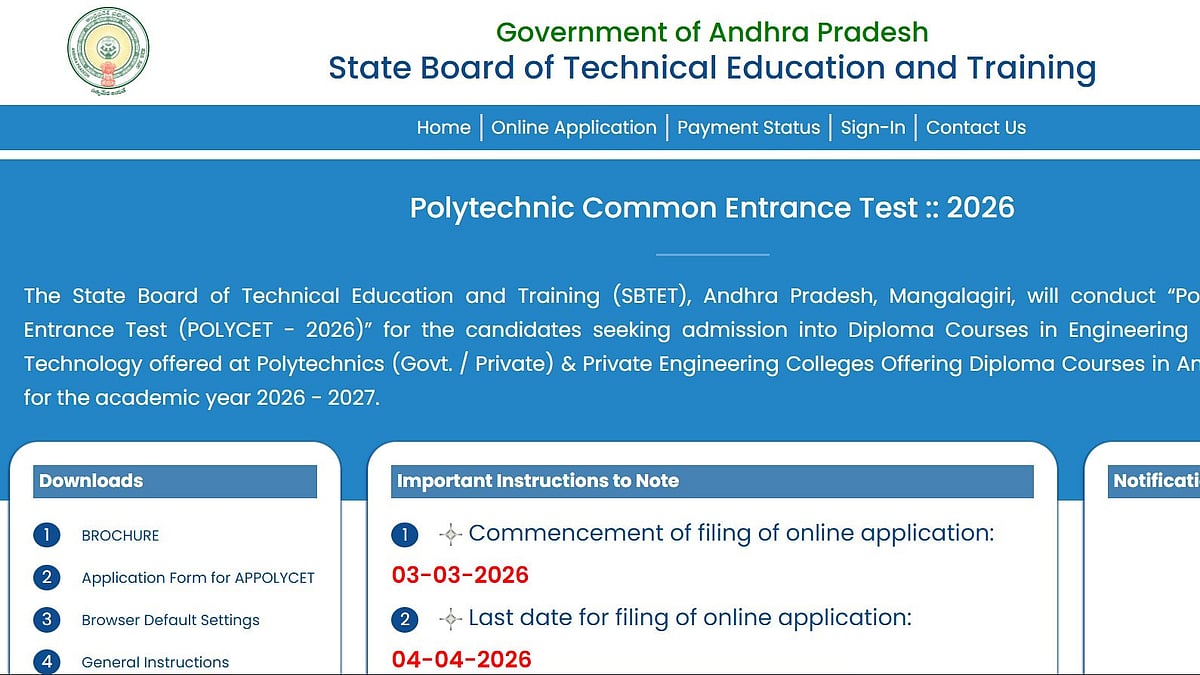Mumbai: The Bombay High Court has declined to direct the Directorate of Medical Education and Research (DMER), to consider two abandoned girls eligible for the one per cent horizontal reservation quota for orphans in the counselling and admission process to undergraduate medical courses.
A division bench of Justices Sunil Shukre and Firdosh Pooniwalla, refused interim relief to the two girls who are now adults, last week, saying that pending the final decision on whether the quota for orphans could be extended to abandoned children, it could not extend them relief.
“If the said interim relief sought is granted, and if at the final hearing of this petition, this court decides against the petitioners, then the same would amount to depriving some other orphans of seats in the medical courses in which the petitioners are seeking admission. Even though the petitioners have submitted that they would not claim any equities if interim relief sought by them is granted, the same would still deprive other orphans of two seats in the medical course. For this reason also, we are not inclined to grant the interim relief sought by the petitioners,” the bench said.
Details On The Case
The HC heard a petition by an NGO, Nest Foundation, and the two girls, challenging the April 6 Government Resolution (GR) introducing 1% horizontal reservation for orphans in education and government employment.
Their advocate Abhinav Chandrachud argued that the GR violated Article 14 of the Constitution of India, as it discriminates between ‘orphans’ and ‘abandoned’ children. He submitted that both orphans and abandoned children are in need of protection and to discriminate between the two in the context of horizontal reservation is therefore unconstitutional and ultra vires Article 14. He further contended that the Juvenile Justice Act (JJ Act) did not make any distinction between an abandoned child and an orphan.
Advocate General Birendra Saraf argued that the government had not included an ‘abandoned child’ in the GR since its said inclusion “was capable of gross abuse and misuse”. He submitted that this was a policy decision of the government, which ought not to be interfered with.
Chandrachud replied that the mere fact that a policy ‘may be misused’ did not mean that the said policy should not be made applicable. Even the policy of caste reservations was, on occasions, misused, but this did not mean that the state did not provide for caste reservations, he added.
Further, the provisions of the JJ Act, which did not at all deal with reservation, could not be used as an aid to widen the scope of the word orphan in the GR, argued Saraf. However, the judges said that a detailed examination of all the issues was required and hence, interim relief could not be granted to the girls, since it would amount to final relief.





